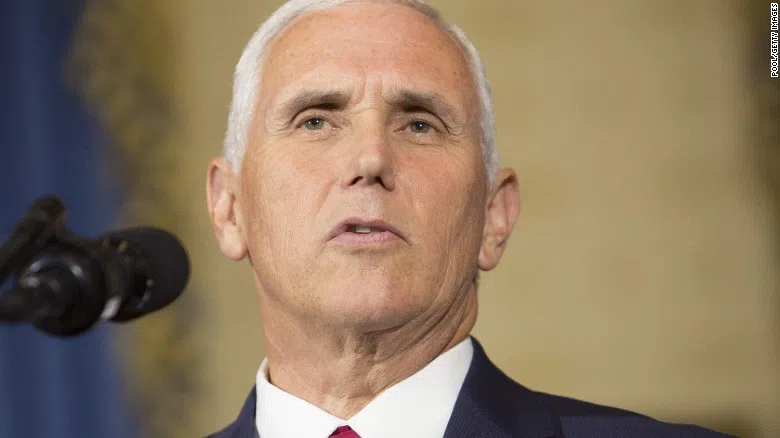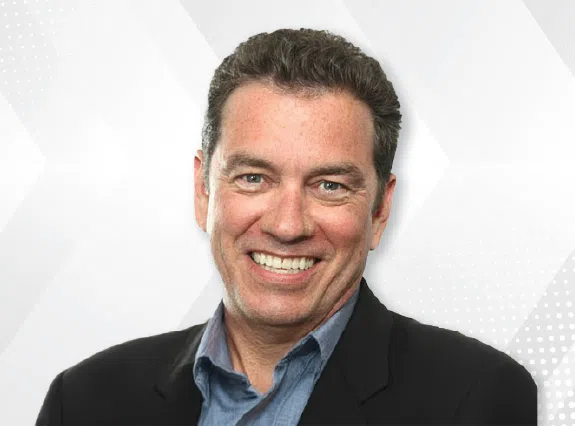[van id=”politics/2017/08/07/mike-pence-2020-nyt-report-kellyanne-conway-jones-es.cnn”]
via the New York Times:
In most cases, the shadow candidates and their operatives have signaled that they are preparing only in case Mr. Trump is not available in 2020. Most significant, multiple advisers to Mr. Pence have already intimated to party donors that he would plan to run if Mr. Trump did not.
Mr. Kasich has been more defiant: The Ohio governor, who ran unsuccessfully in 2016, has declined to rule out a 2020 campaign in multiple television interviews, and has indicated to associates that he may run again, even if Mr. Trump seeks another term.
Mr. Kasich, who was a sharp critic of the Republicans’ failed attempt to repeal the Affordable Care Act with deep Medicaid cuts, intends to step up his advocacy by convening a series of policy forums, in Ohio and around the country.
“He’ll continue to speak out and lead on health care and on national security issues, trade policy, economic expansion and poverty,” John Weaver, a political adviser of Mr. Kasich’s, said.
In the wider world of conservative Trump opponents, William Kristol, editor at large of The Weekly Standard, said he had begun informal conversations about creating a “Committee Not to Renominate the President.”
“We need to take one shot at liberating the Republican Party from Trump, and conservatism from Trumpism,” Mr. Kristol said.
It may get worse, said Jay Bergman, an Illinois petroleum executive and a leading Republican donor. Grievous setbacks in the midterm elections of 2018 could bolster challengers in the party.
“If the Republicans have lost a lot of seats in the Congress and they blame Trump for it, then there are going to be people who emerge who are political opportunists,” Mr. Bergman said.
Mr. Pence has been the pacesetter. Though it is customary for vice presidents to keep a full political calendar, he has gone a step further, creating an independent power base, cementing his status as Mr. Trump’s heir apparent and promoting himself as the main conduit between the Republican donor class and the administration.
The vice president created his own political fund-raising committee, Great America Committee, shrugging off warnings from some high-profile Republicans that it would create speculation about his intentions. The group, set up with help from Jack Oliver, a former fund-raiser for George W. Bush, has overshadowed Mr. Trump’s own primary outside political group, America First Action, even raising more in disclosed donations.
Mr. Pence also installed Nick Ayers, a sharp-elbowed political operative, as his new chief of staff last month — a striking departure from vice presidents’ long history of elevating a government veteran to be their top staff member. Mr. Ayers had worked on many campaigns but never in the federal government.
Some in the party’s establishment wing are remarkably open about their wish that Mr. Pence would be the Republican standard-bearer in 2020, Representative Charlie Dent of Pennsylvania said.
“For some, it is for ideological reasons, and for others it is for stylistic reasons,” Mr. Dent said, complaining of the “exhausting” amount of “instability, chaos and dysfunction” surrounding Mr. Trump.
Mr. Pence has made no overt efforts to separate himself from the beleaguered president. He has kept up his relentless public praise and even in private is careful to bow to the president.
Mr. Pence’s aides, however, have been less restrained in private, according to two people briefed on the conversations. In a June meeting with Al Hubbard, an Indiana Republican who was a top economic official in Mr. Bush’s White House, an aide to the vice president, Marty Obst, said that they wanted to be prepared to run in case there was an opening in 2020 and that Mr. Pence would need Mr. Hubbard’s help, according to a Republican briefed on the meeting. Reached on the phone, Mr. Hubbard declined to comment.








